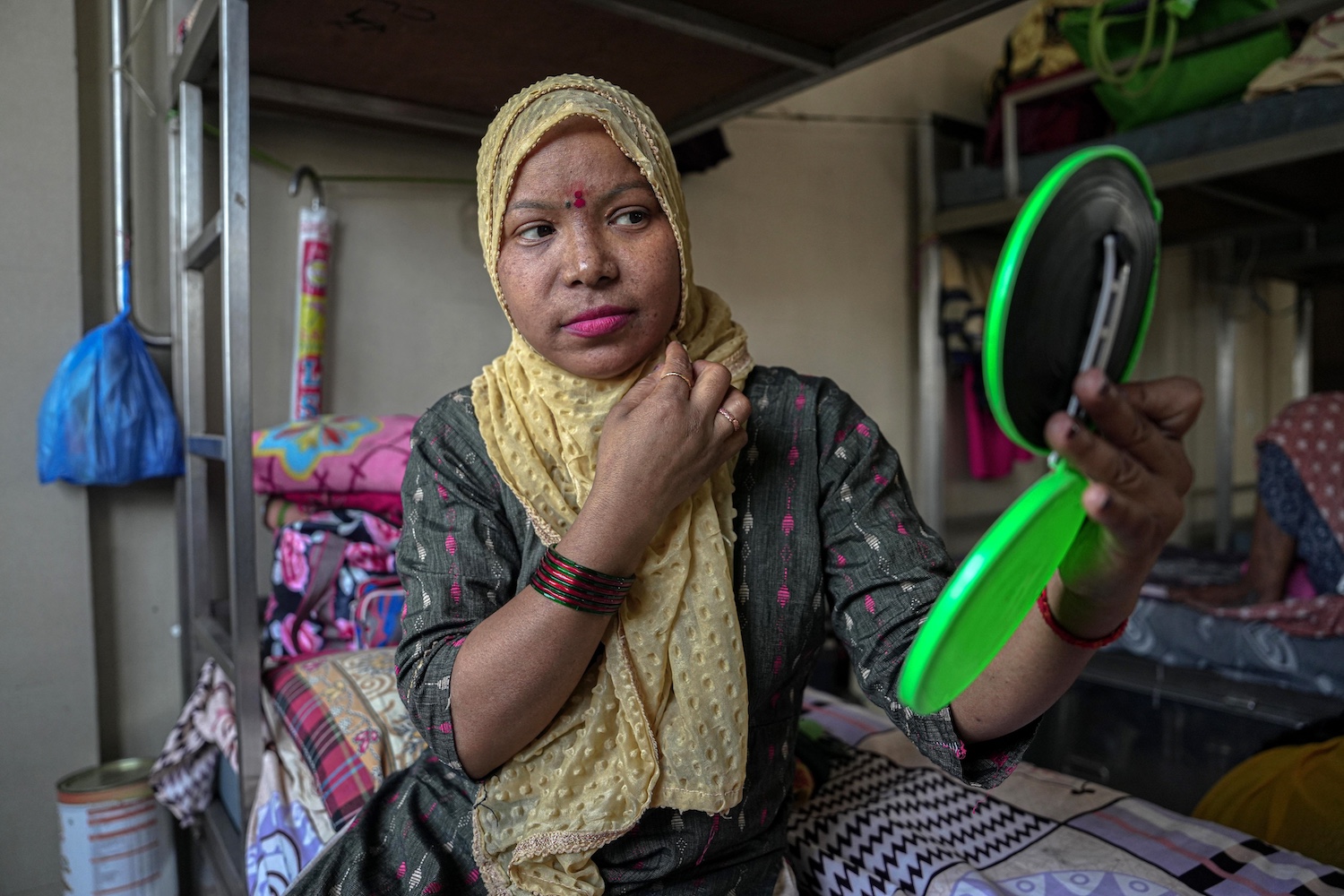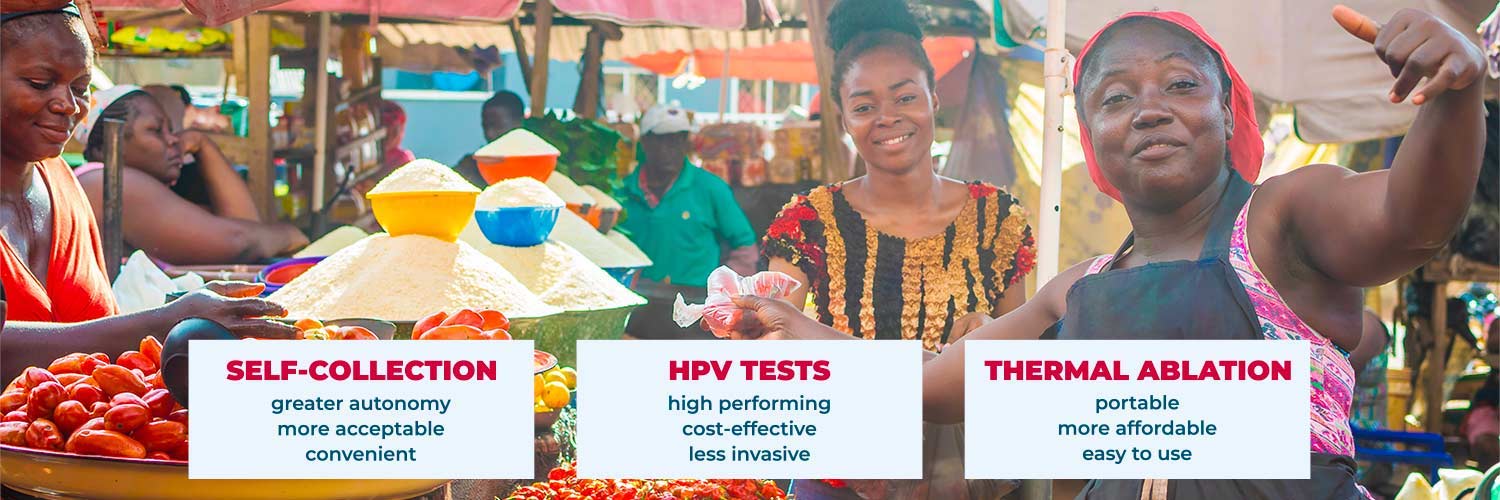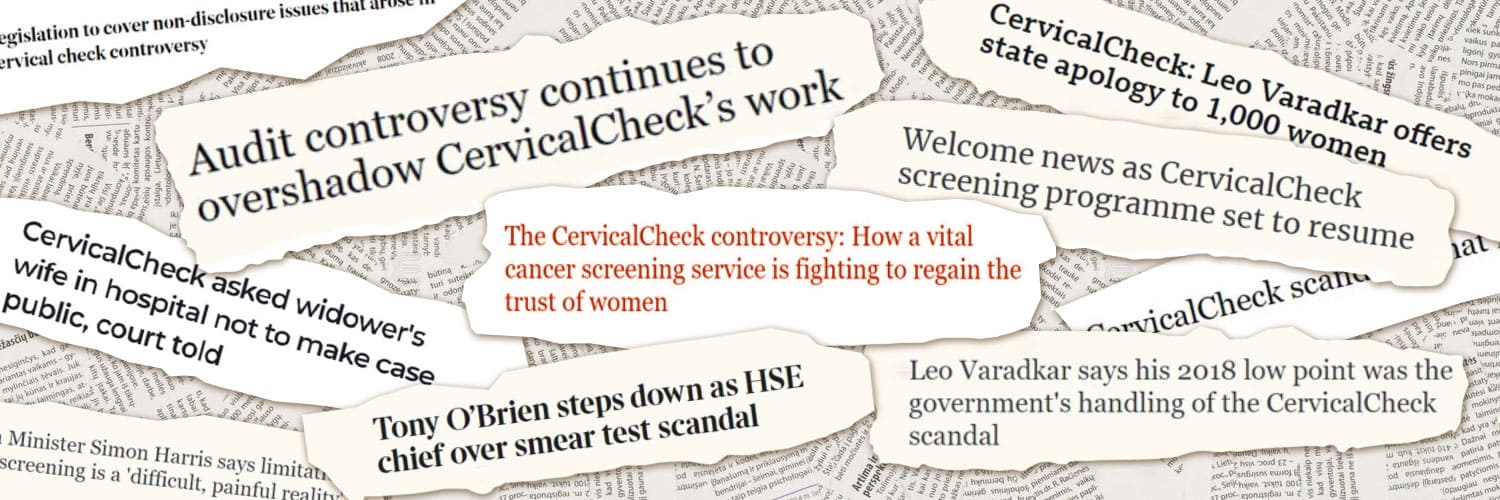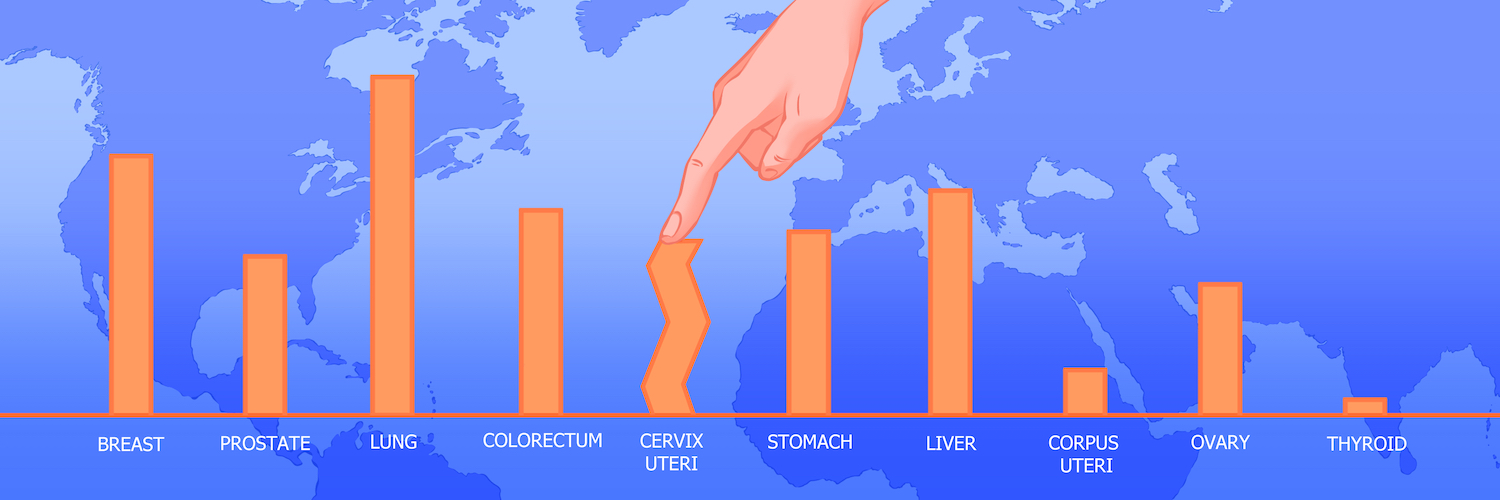Posts by tag
screening
Women, power and cancer in India
There is not a dull moment when Tulasi Singh is around. She makes sure that the women’s hall on the fifth floor of the Gadge Maharaj Dharamshala, a subsidised hostel for cancer patients close to the Tata Memorial Hospital in…
Early menopause raises own risk of breast cancer and family members’ risk of breast, colon and prostate cancers
Women who experience primary ovarian insufficiency (menopause before the age of 40) are more than twice as likely to experience breast cancer as other women of similar ages. The study, published in the Journal of Clinical Endocrinology and Metabolism, 12…
Cancer survivors who are less lonely live longer
Greater feelings of loneliness are associated with higher mortality rates among cancer survivors. The study, published in the Journal of the National Comprehensive Cancer Network (JNCCN), April 25, found that cancer patients reporting severe loneliness had a 67% higher all-cause…
From stigma to strategy: Egypt’s journey in combating cervical cancer
Before 2021, there was little official focus on cervical cancer in Egypt. The World Health Organization's 2021 report indicated that fewer than 1 in 10 Egyptian women had been screened for cervical cancer in the previous five years. That was…
Food insecurity: Why screening for access to nutrition should be part of cancer treatment everywhere
Sixteen-year-old Sahil Bacchav had just finished his tenth grade exams when he developed terrible headaches and a feeling that his nose was blocked. He was referred to King Edward Memorial Hospital, a municipal hospital in Mumbai, where he had his…
New prostate cancer blood test combining PSA with epigenetic test could reduce biopsies
A non-invasive prostate cancer combination test has been shown to have a positive predictive value of 93%*, meaning that out of 100 patients testing positive for prostate cancer 93 will truly have the condition. The study, published in the journal…
Cervical cancer elimination efforts boosted by simpler ways to identify and treat pre-cancerous lesions
Project sites in seven low-income countries have reached the 90% targets set by the World Health Organization (WHO) for treating women identified with pre-cancerous lesions. This success was achieved using a model of cervical cancer elimination developed for use in…
US study suggests colorectal cancer screening should start at age 45
Screening women below the age of 50 for colorectal cancer (CRC) can significantly reduce their risk in comparison to those who have no endoscopic screening or who initiate testing at age 50. The study in JAMA Oncology, published online 5…
Cervical cancer: Rebuilding a nation’s broken trust in their screening service
Ireland’s cervical cancer screening programme ‘CervicalCheck’ has been under the microscope since April 2018, when it was revealed that some women diagnosed with invasive cervical cancer were not told that their previous smear tests had been reviewed. More crucially, the…
Global elimination: securing a future free from cervical cancer
August 7th 2020, much of the world was in various states of lockdown, anxiously awaiting news about progress in development of vaccines against the new SARS-Cov-2 virus, which by then had taken the lives of almost 1 million people. But…










